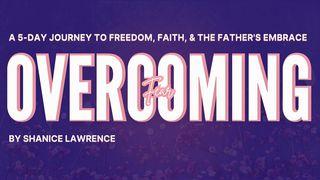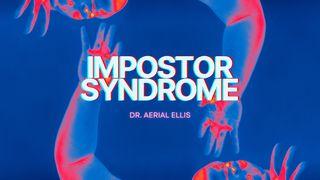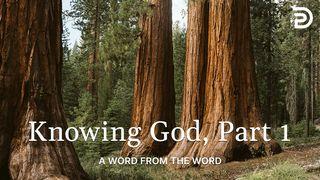Heavy Theology | The Hardest Concepts in Christian ThoughtSample

If the object of God’s mind is Truth, the object of God’s will is goodness. That means any created goodness depends as a contingent thing upon God’s goodness. Again, we make these distinctions because of the limitations of our minds, not His. As divine intellect exists independent of any — or all — created objects’s knowledge, so also divine will exists independent of any — or all — created objects’s volition. Had God never created knowledge, free will, or any other part of any other object, He would remain self-sufficient. That includes the self-sufficiency of His volition. You could say the divine will’s appetite for choice and power satisfy themselves in the infinite goodness of the divine. He remains most happy in and by Himself, which shows up in the doctrine of the Trinity. For now, we can rest in how He wishes love and goodness on creation but does not need the love and goodness of creation for His bliss to thrive.
Therefore God possesses an infinite free will — through an immutable volition and immutable being, He freely chooses whether or not creatures exist, the manner of their existence, their capabilities and potentialities, and which ones share what parts of His own power, wisdom, and goodness.
Unlike God, our choices merely have potential and changeableness.
But that brings up a problem: if God knows we choose evil, does God choose evil?
The parts of divine will that God knows — specifically how He knows them — become important at this stage. Scientia vision is, scientia media, and simplicis intelligentae all describe three forms of knowing: the knowledge of vision, middle knowledge, and simple intelligence. Knowledge of vision sees all things possible and impossible. Middle knowledge shows the hypothetical: A and B would be possible given X and Y. Simple knowledge is the knowledge of what actually exists.
Possible. Hypothetical. Actual.
1. It’s possible Jack would fall down and break his crown.
2. Jack would fall down and break his crown if he and Jill went up to fetch a pail of water.
3. Jack and Jill went up the hill to fetch a pail of water. Jack fell down and broke his crown...
The first describes a possible reality and sometimes a potentiality. The second describes a hypothetical — this would happen given certain circumstances. And the third describes what happened.
We’ll return to this tomorrow.
About this Plan

This plan will dive headlong into the deep thoughts that have inspired Christians for centuries. We'll get at the assumptions behind the creeds and delve into territory unexplored by most Christians.
More
| We would like to thank Garden City for providing this plan. For more information, please visit: http://www.gardencityproject.com |
Related Plans

Overcoming Fear: A 5-Day Journey to Freedom, Faith, and the Father’s Embrace

Parenting Through God’s Lens: Seeing Your Child the Way God Does

The Generosity Practice

From Need to Maturity

Grace for Your Pace - How to Burn on Instead of Burn Out

An Encounter With Jesus

Rest for the Soul: 8 Days With Jesus

Ruth: A Redeemer Who Fills All Emptiness | Video Devotional

Imposter Syndrome: You Are Who God Says You Are
